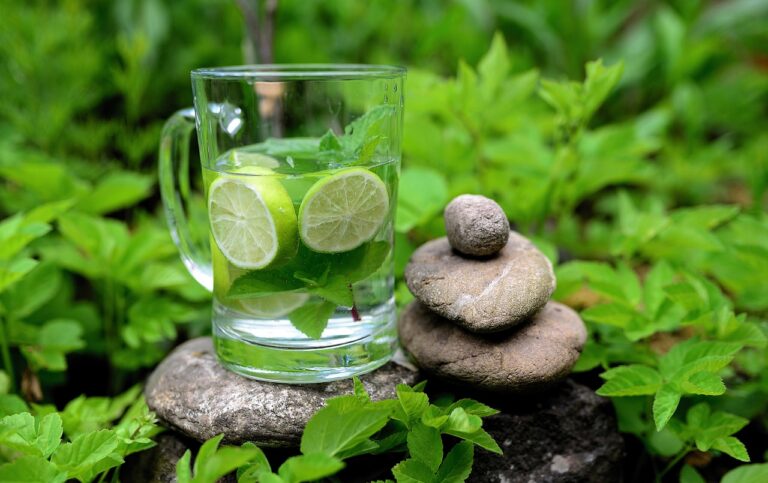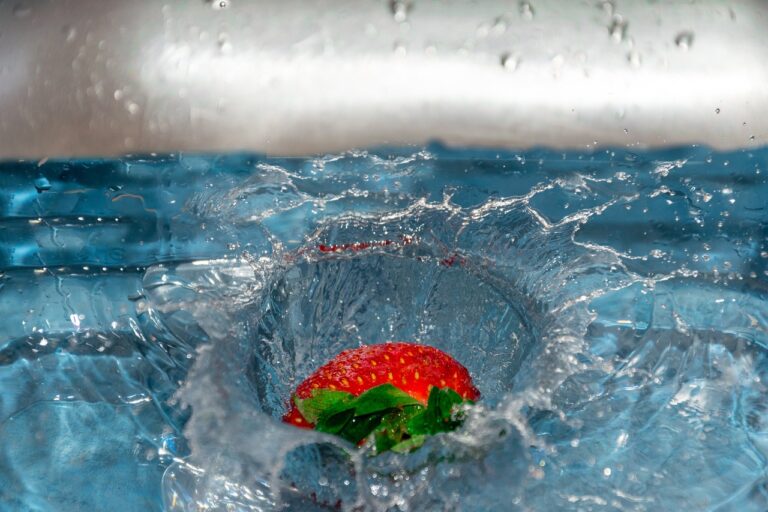Water Safety and Hydration: Recommendations for Families
golden exchange, cricbet99, king567: Water Safety and Hydration: Recommendations for Families
As the temperatures rise and the sun shines bright, it’s essential for families to prioritize water safety and hydration. Whether you’re spending a day at the beach, going for a hike, or simply playing in the backyard, staying hydrated and being aware of water safety guidelines is crucial for the health and well-being of everyone in your family.
In this blog post, we’ll discuss some important recommendations for families to ensure water safety and proper hydration during the warmer months.
Importance of Water Safety
Water safety is a critical topic that every family should address, especially during the summer months when water-related activities are prevalent. Drowning is a leading cause of unintentional injury-related deaths in children, making it crucial for parents and caregivers to take necessary precautions to keep their loved ones safe.
Whether you’re near a pool, lake, river, or ocean, it’s essential to be mindful of water safety guidelines and to always supervise children around water. By being proactive and implementing safety measures, you can reduce the risk of water-related accidents and ensure a fun and safe summer for your family.
Hydration Recommendations
In addition to water safety, staying hydrated is equally important, especially when spending time outdoors in the heat. Dehydration can lead to a variety of health issues, including headaches, fatigue, dizziness, and heat exhaustion. To prevent dehydration, consider the following recommendations for staying adequately hydrated:
1. Drink plenty of water throughout the day, especially during outdoor activities.
2. Encourage children to drink water regularly, even if they’re not feeling thirsty.
3. Avoid sugary drinks and opt for water instead.
4. Pack a reusable water bottle for each family member when heading out for the day.
5. Eat hydrating foods such as fruits and vegetables.
6. Teach children the importance of staying hydrated and how to recognize signs of dehydration.
By following these hydration recommendations, you can help ensure that your family stays healthy and hydrated all summer long.
Water Safety Tips
To further promote water safety, here are some essential tips to keep in mind when enjoying water activities with your family:
Supervise Children: Always supervise children around water, even if they know how to swim. Drowning can happen quickly and silently, so close supervision is key.
Teach Swimming Skills: Enroll children in swimming lessons to teach them essential water safety skills, such as floating, treading water, and basic strokes.
Use Life Jackets: When boating or participating in water sports, ensure that everyone wears a properly fitted life jacket, especially children.
Learn CPR: Take a CPR course to be prepared in case of a water-related emergency. Quick action can save lives.
Check Water Conditions: Before swimming in natural bodies of water, check for water quality and any potential hazards, such as currents or underwater obstacles.
Stay within Designated Areas: Swim in designated swimming areas at pools, beaches, and water parks where lifeguards are present.
By following these water safety tips, you can minimize the risk of water-related accidents and create a safe environment for your family to enjoy water activities this summer.
FAQs
Q: How much water should my family drink each day?
A: The recommended daily intake of water varies depending on age, gender, and activity level. A general guideline is to drink at least eight 8-ounce glasses of water per day, but individual needs may vary.
Q: What are signs of dehydration in children?
A: Signs of dehydration in children may include dry mouth, sunken eyes, lethargy, irritability, and decreased urination. Encourage children to drink water regularly and seek medical attention if dehydration is suspected.
Q: How can I teach my children about water safety?
A: Start by setting a good example and demonstrating safe behavior around water. Enroll children in swimming lessons, establish clear rules for water safety, and have open conversations about the importance of staying safe around water.
Q: Can children wear floatation devices instead of life jackets?
A: While floatation devices such as arm floats or inflatable toys may offer some buoyancy, they are not a substitute for a properly fitted life jacket. Always ensure that children wear life jackets when boating or participating in water activities.
In conclusion, water safety and hydration are essential components of a safe and enjoyable summer for families. By following these recommendations and staying vigilant around water, you can create lasting memories and protect your loved ones from potential dangers. So remember to stay hydrated, practice water safety, and have a splashing good time with your family this summer!







